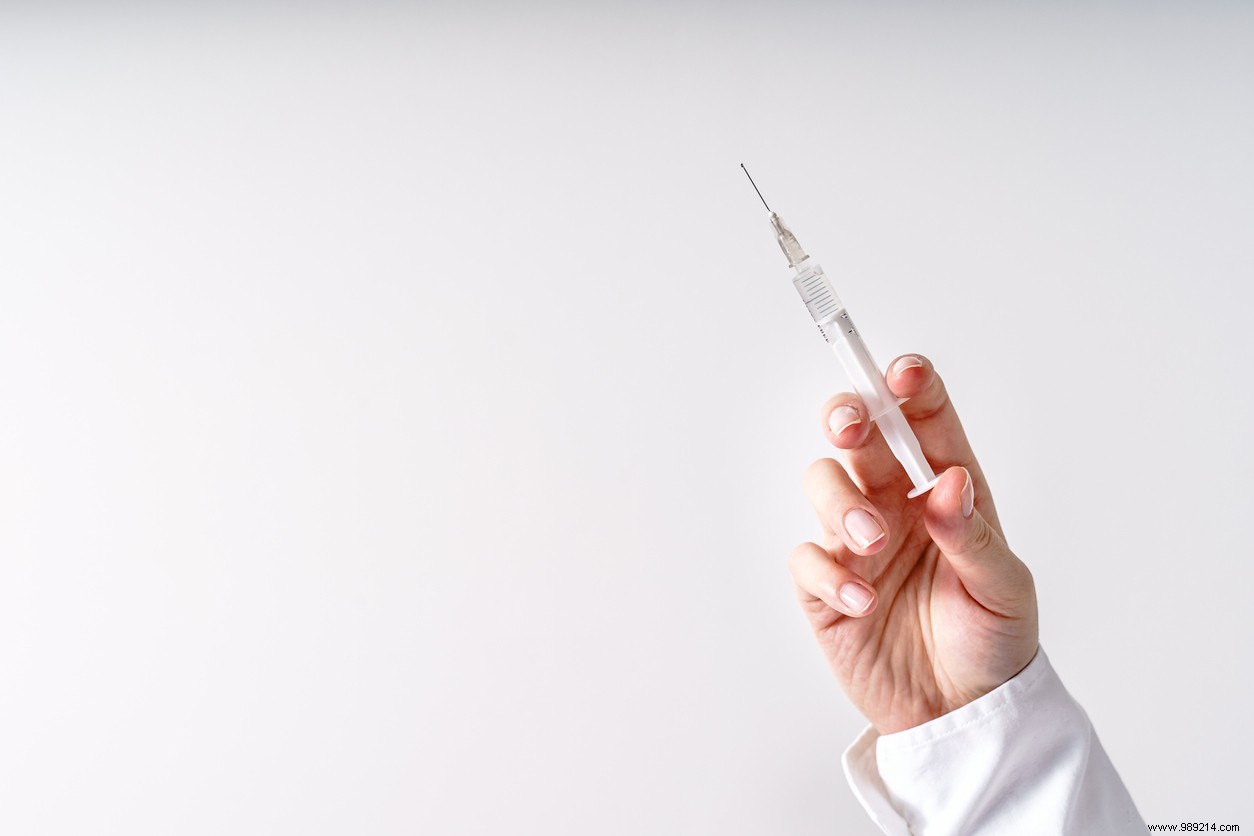A recent meta-study has shown that botulinum toxin (better known as botox, its trade name) has anxiolytic and antidepressant effects, regardless of injection site.
Botulinum toxin is a molecule produced naturally by the bacterium Clostridium botulinum. This has the particularity of inhibiting nerve transmission in the muscles and thus prevent their contraction. In cosmetics, this toxin more commonly known as "botox" is used to relax and smooth the various wrinkles on the face. However, the use of botulinum toxin is not limited to the treatment of wrinkles . Indeed, the latter is also effective in reducing muscle spasms and excess sweating. Botox also reduces migraines and the phenomenon of incontinence.
According to a study published in the journal Scientific Reports on December 21, 2021, another use of Botox has however been discovered. This research conducted by the University of California at San Diego (USA) tends to demonstrate the effectiveness of the toxin in the treatment of anxiety and depression . In addition, the injection site would in no way influence this same efficacy. This is quite paradoxical since Botox is considered to be one of the most powerful poisons due to its neurotoxic properties.

In order to reach this conclusion, the scientists reviewed a large database involving 40,000 patients. It compiles information on side effects reported to the Food and Drug Administration (FDA), the US food and drug administration. According to the researchers, this database was intended to allow the discovery of possible harmful effects that would potentially go unnoticed in clinical trials.
The researchers then decided to ask the question the other way around by trying to discover new positive effects. They therefore compared the frequency of anxiety disorders in botulinum toxin users with those in a control group. Next, they developed an algorithm to find statistical differences between botox users and patients who have received other treatments.
According to the results, the risk of anxiety decreases by 22 to 72% in the case of botulinum toxin users. This reduction concerns four of the eight conditions and injection sites taken into account in the study. We can mention the muscles of the face and the head for an initial treatment against migraines, the muscles of the face again in the context of cosmetic use or the muscles of the neck (torticollis). Let's also mention the upper and lower limbs for a treatment against muscle spasms.
Note that the same team of researchers had already conducted a study in 2020 suggesting that botox could penetrate the structures of the central nervous system and act positively on anxiety and depressive symptoms